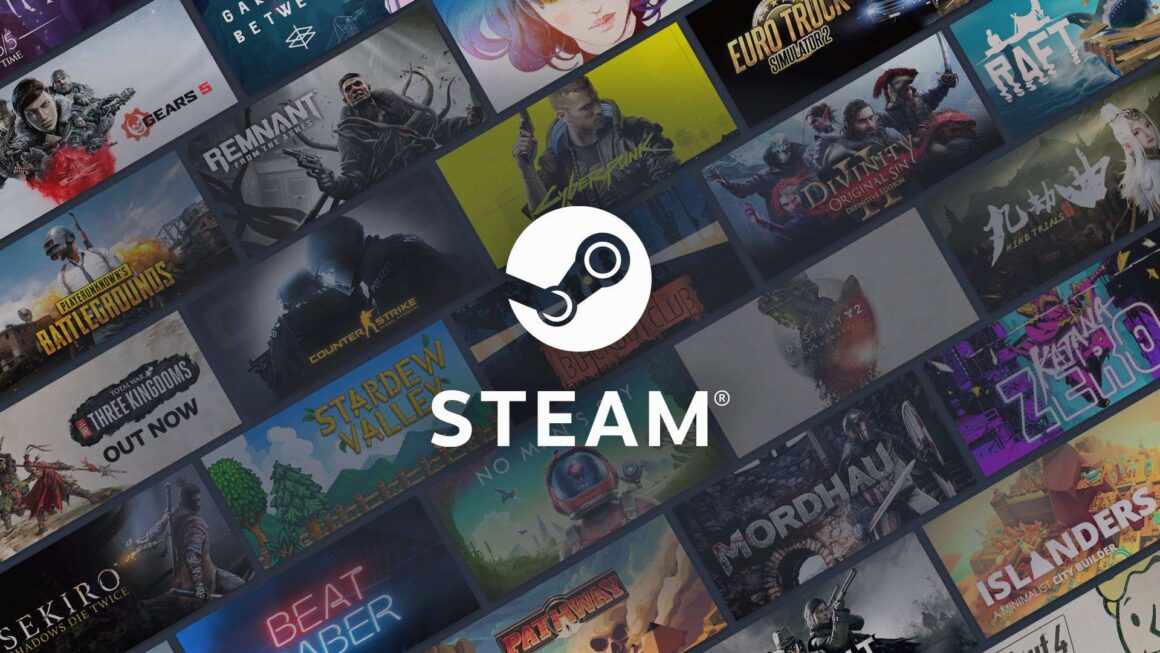PC gaming distributor Rokky published a study by Atomik Research about “the state of PC distribution” in 2025.
According to 306 “managers in the games industry,” 88% of respondents said Steam accounts for over 75% of their revenue. 72% said Steam “effectively exists” as a monopoly, while 53% are concerned they’ve become too reliant on Steam.
Misusing the Term “Monopoly”
Is Steam a monopoly? No. That term is misinterpreted often. A monopoly is when there’s only one seller in a market with no competition, no substitutes.
Steam doesn’t fit that description because other storefronts exist. There’s Epic Games and GOG (Good Old Games). We have indie marketplaces like itch.io. Publishers have their own launchers for their games. Oh, let’s not forget about e-stores like Fanatical and Humble Bumble.
Dominance and monopoly are not interchangeable. Steam’s competitors exist; they’re just not as popular.
Why Do Gamers Prefer Steam?
Steam is a huge digital marketplace that connects players through friends lists, community forums, reviews, and cloud storage. It offers features like library sorting, live streaming, wishlists, and Big Picture mode. Everything feels cohesive.
The competition doesn’t measure up. Epic Games Store has made headway with free titles and exclusives, but it still lacks Steam’s large user base and feature rich site. For players, Steam simply feels like home. For developers, that means going elsewhere is a risk some can’t afford.
An Open, Yet Uneven Market
The Rokky study itself raises questions. Its respondents are mostly C-suite managers from Western studios. It doesn’t cover the diversity of the global gaming market.
Still, the study does point out that Steam’s dominance is because publishers feel pressured to sell their games on the platform. Because of the huge user base, many feel they have no choice but to use Steam in order to get any exposure.
Valve taking a 30% cut from every sale has been a sore spot for years. Some say it’s unfair. Others argue it’s the price one pays to succeed.
Indie developers and small studios are left with what they feel is a raw deal, but what they get in return is hard to replicate.
A company doesn’t need to be a monopoly to wield too much power. There should be discussions on whether Steam’s place in the games industry is causing more harm than good. We just need to use the right terminology.






